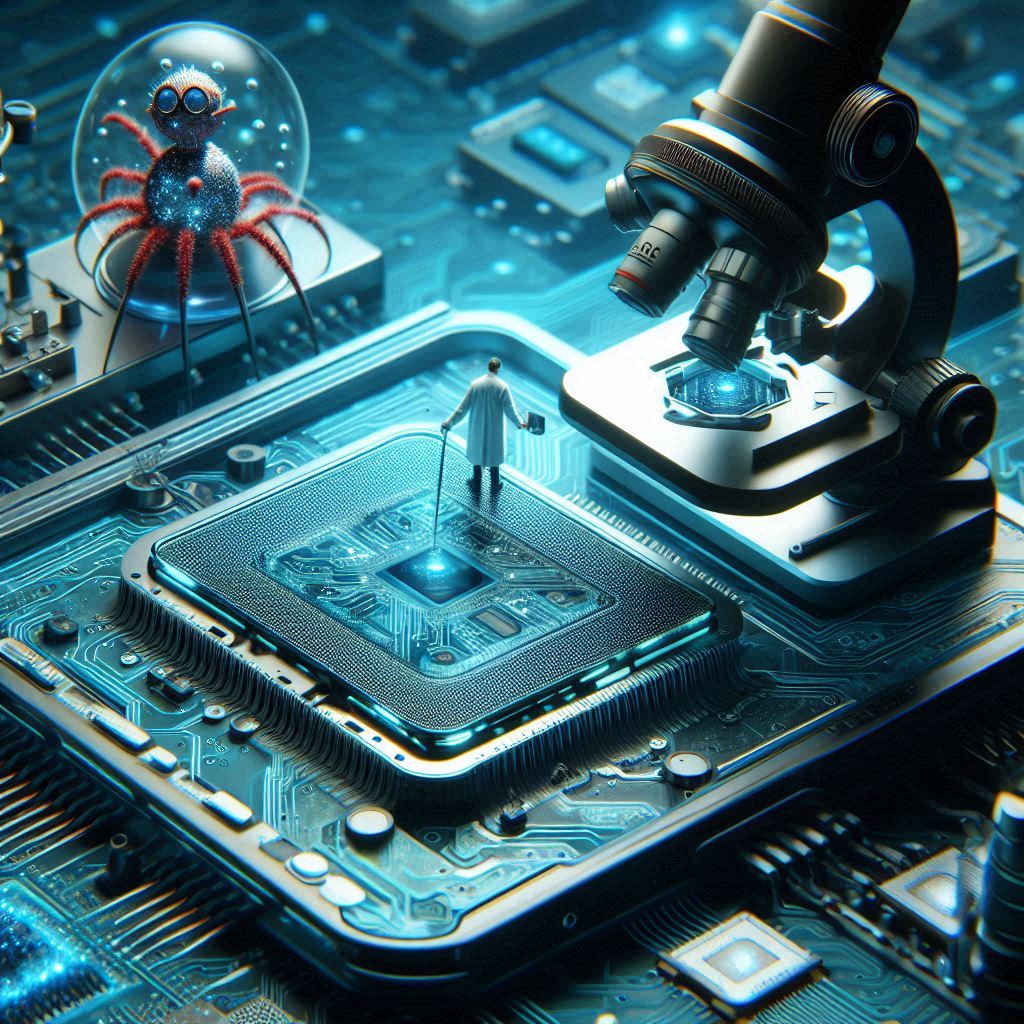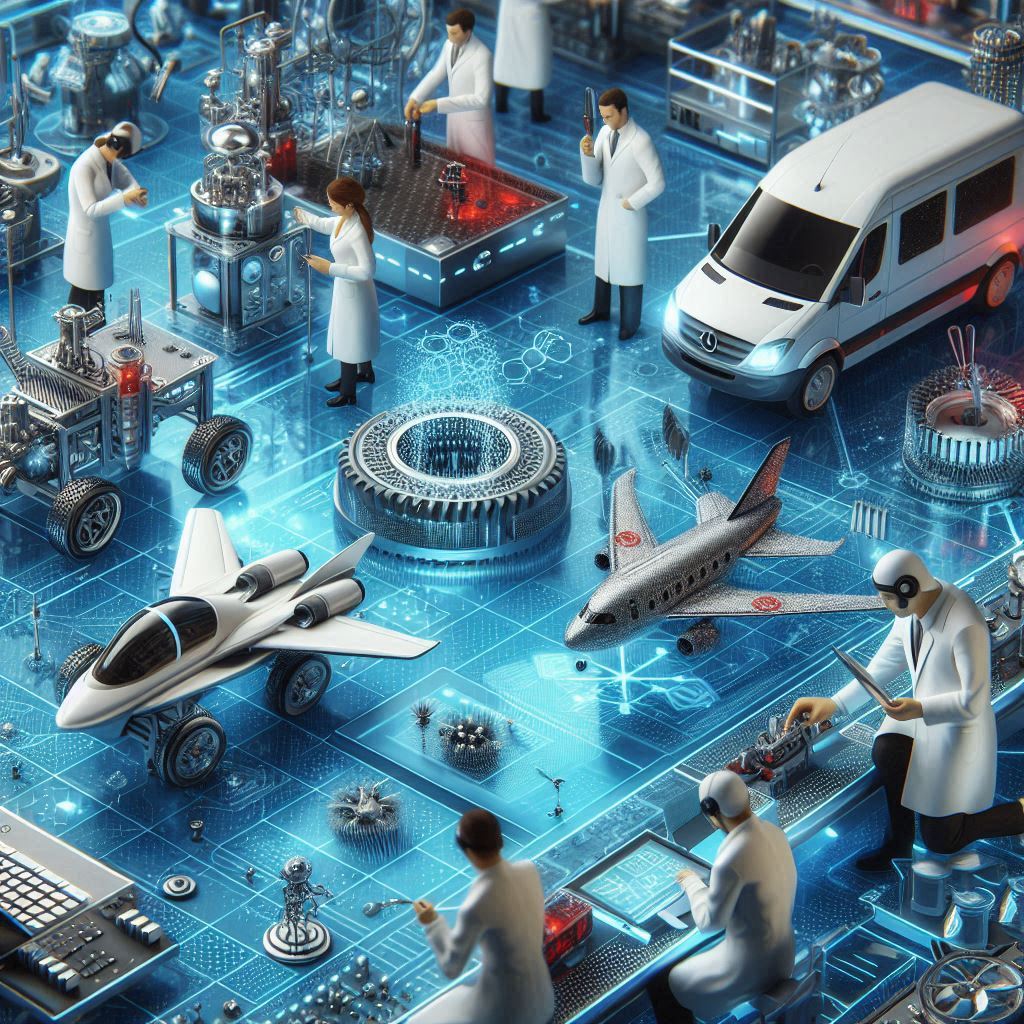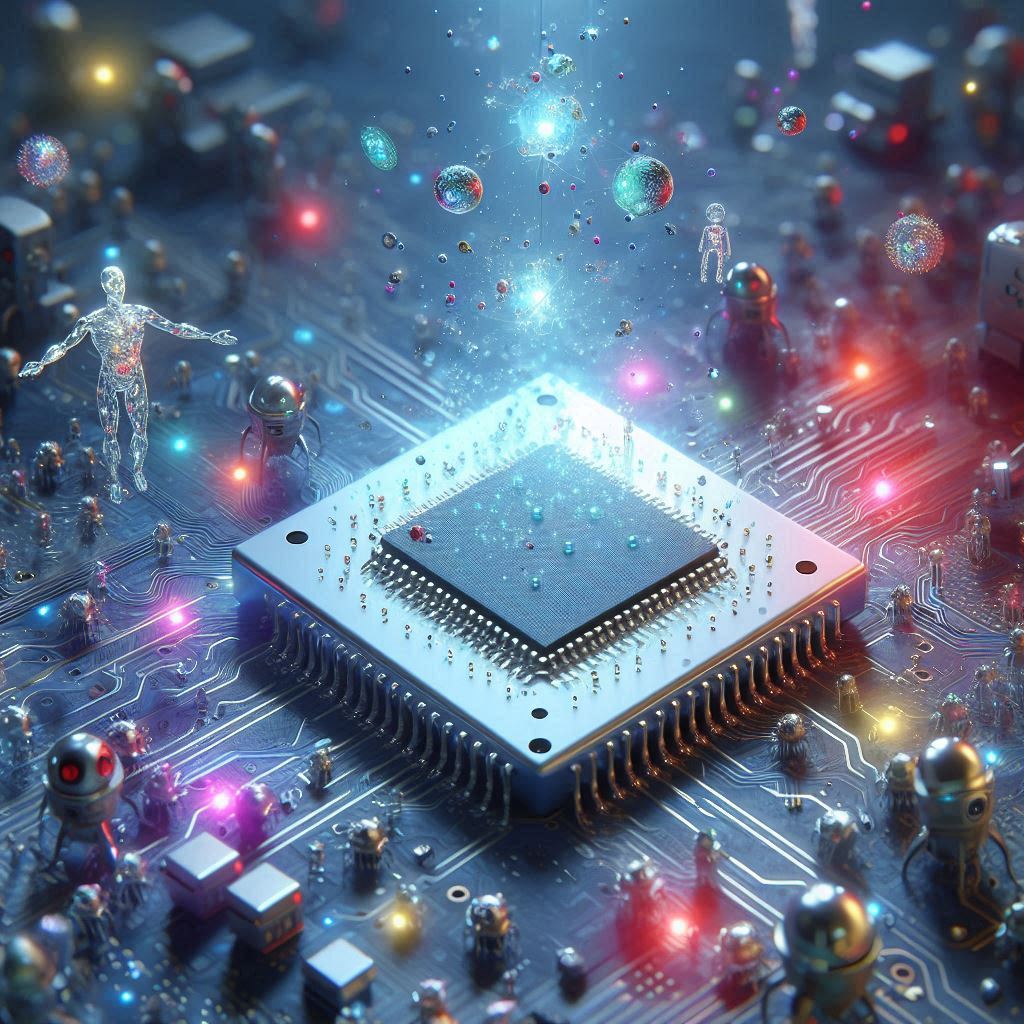Nanotechnology involves the manipulation of materials at the nanoscale, typically between 1 to 100 nanometers (one nanometer is one-billionth of a meter). At this scale, materials often exhibit unique physical, chemical, and biological properties that differ significantly from their bulk counterparts. This allows nanotechnology to offer novel solutions across a wide range of fields.

Key Applications and Scope of Nanotechnology:
1. Medicine and Healthcare:
- Drug Delivery: Nanoparticles can be engineered to deliver drugs directly to targeted cells, such as cancer cells, reducing side effects and improving treatment efficacy. Examples include liposomes, dendrimers, and polymeric nanoparticles.
- Diagnostics: Nanoscale sensors and imaging agents can detect diseases at an early stage, providing precise and early diagnostics. Quantum dots and gold nanoparticles are used for bioimaging.
- Regenerative Medicine: Nanomaterials are used in tissue engineering and the development of scaffolds to support the growth of new tissues or organs.
- Antibacterial Agents: Nanoparticles such as silver are used in coatings for medical devices to prevent bacterial infections.

2. Electronics and Computing:
- Transistors and Semiconductors: Nanotechnology enables the production of smaller, faster, and more efficient transistors, driving the miniaturization of electronic devices.
- Memory Storage: Nanomaterials are being used to develop higher density storage devices. Spintronics and quantum computing are areas where nanotechnology plays a crucial role.

3. Aerospace and Automotive:
- Lightweight Materials: Nanocomposites and nanostructured metals are used to create lighter, stronger materials for use in aircraft and vehicles, improving fuel efficiency and reducing emissions.
- Lubricants: Nanotechnology can create more effective lubricants that reduce friction and wear in engines and machinery.

Challenges and Considerations:
While nanotechnology offers immense potential, it also poses challenges and risks that need careful consideration:
Ethical and Social Implications: The widespread adoption of nanotechnology could have significant social and ethical implications, particularly in areas like privacy (e.g., nanosensors) and equity (e.g., access to advanced medical treatments).

Health and Environmental Safety: The long-term effects of nanoparticles on human health and the environment are not yet fully understood, necessitating careful regulation and study.

